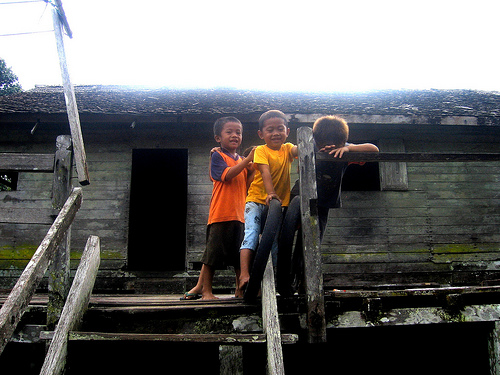
After analyzing the various components of REDD and examining a prevalent case study taking place in Indonesia, we have determined that REDD is a workable program to mitigate climate change if and only if it is under proper governance and critically incorporates indigenous groups in policy making initiatives.
In reality however, we feel like this is an ideal situation and that under current conditions it would be too daunting to accomplish. The REDD program requires an extended timetable and works solely in the long term. Globally, what is needed now are initiatives that can catalyze change in the short term such as establishing sustainable energy programs on national scales. Also, there are presently too many loopholes in the program that perpetuates the vulnerabilities of indigenous groups. Since customary land rights are not always protected under federal legislation, indigenous people's well-beings and livelihoods are at risk of being ignored.
These larger risks include;
- Groups would be forced to relocate.
- Indigenous groups' accessibility to resources will be limited or severed off.
- Levels of compensation to locals do not always suffice for their losses or are guaranteed.
We hope that before implementing REDD policy makers will examine the multi-components and implications the program can induce and assure the protection of all its citizens' rights.